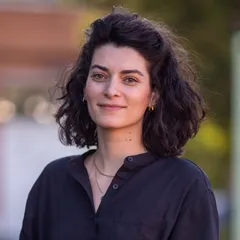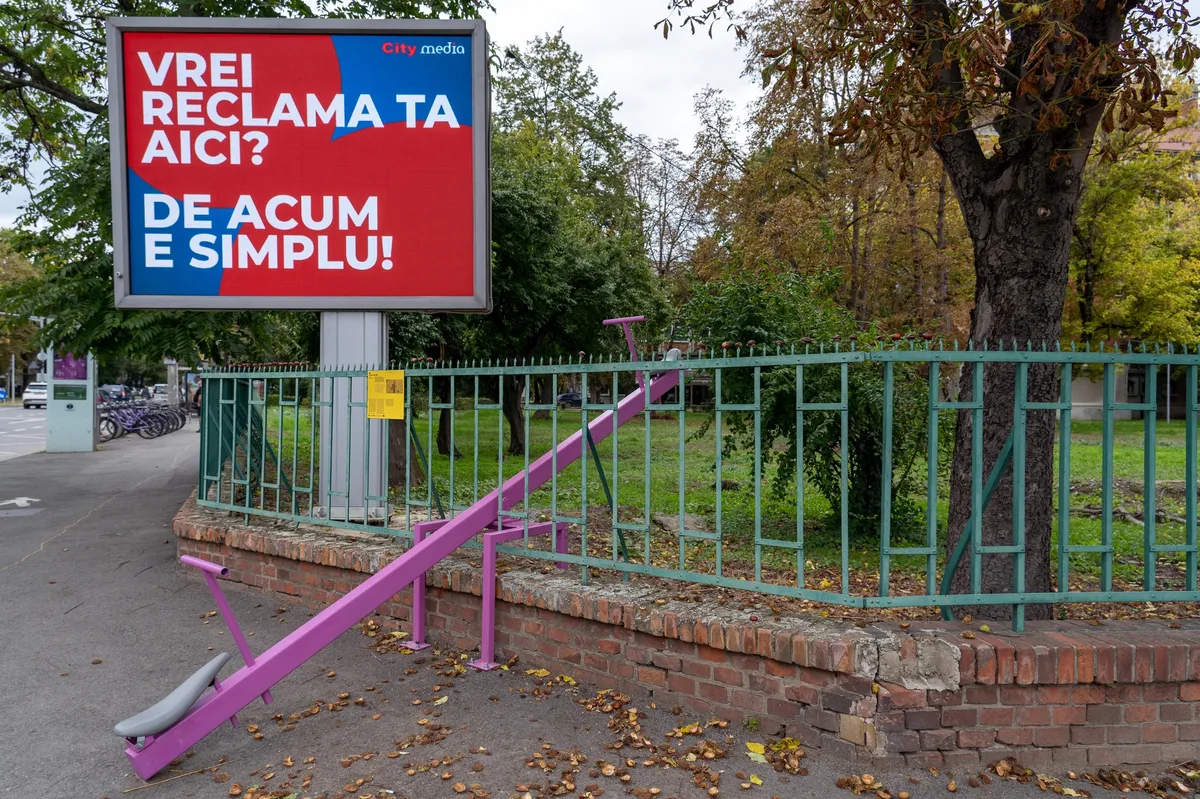
1/1

Author(s) / Team representatives
Gaiță Loredana
Profession
architect
Photo credits/design
BETA
Text presentation of the author in English
Loredana Gaiță studied architecture in Timișoara and Brussels and is a PhD student at Ion Mincu University of Architecture, Bucharest. Her architecture and interior design projects have been awarded (BETA 2018, 2020, BigSee 2019), exhibited (RDW 2019, 2021, BETA 2020) and published (Zeppelin, Igloo, 50 years of FAUT). Loredana also coordinated or contributed to various processes of improving urban and social public space, such as: Timișoara verde-albastră, 2018-present, OAR Competitions, 2017-2021, the Cultural Program of Timișoara 2021 European Capital of Culture, 2015-2016, Fabricăm, 2015, Exploatarea culturală Petrila, 2018 etc.
Text abstract in English
‘Covering’, understood as a process of appropriation and reenactment, is an everyday act and method, used either involuntarily or by choice. Progress is almost always achieved through incremental changes that build on something already done, said, written, and certainly thought of. Covering, seen as imitation, forms the foundation of learning. However, to contribute to knowledge in any field, covering should aim to add value to the existing state of affairs. In the arts and cultural fields, covering is a process that alters either form, meaning, or both. By adjusting shape, function, or discourse, covering becomes a creative endeavor involving highly skilled and knowledgeable operations, aimed at achieving a specific impact.
Starting from this year’s Biennale theme, cover me softly, this essay argues that the ‘covering’ process used to tackle urban issues should always involve an act of resignification, making it relevant for a new context that may differ spatially, temporally, or both. Even when maintaining the same geographical coordinates, the context of usage, display, or communication of the object being covered is never the same as that of the original object. Using as a case study the openly affirmed ‘coverings’ of temporary interventions in public space, created for the 4th edition of the Timisoara Architecture Biennale – BETA 2022, I will analyze how curatorial decisions impacted the public’s perception, building my argument around the concepts of adaptation and resignification as minimal criteria for relevant and knowledge-producing urban interventions.
